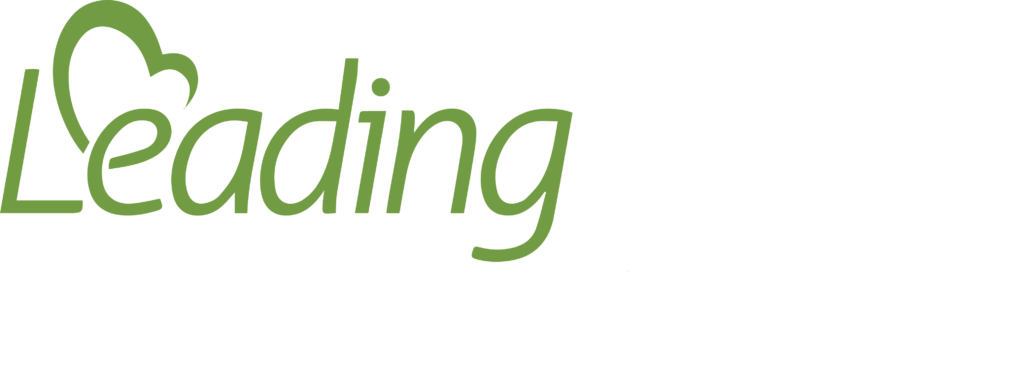Types of Care
Care and services for the aging are frequently listed by type of service, as listed below.
Adult Day Services
Adult Day Service programs are designed to assist older adults to remain in their own homes and/or to assist family members in coping with their the responsibilities of caregiving. The program assists participants in sustaining or improving self-sufficiency as they benefit from involvement in organized activities and social interaction with others. The caregiver receives the benefit of knowing that their loved ones are properly cared for while they carry out their daily activities.
Assisted Living
Assisted living offers a variety of services for those who need daily assistance but do not require constant nursing care. Although there is no uniform model, assisted living facilities emphasize the resident’s autonomy and independence in selecting those services the resident desires.
Only facilities licensed by the Oklahoma State Department of Health are legally authorized to provide services, and may be part of a retirement community, nursing home, senior housing development or may stand alone.
Continuing Care
Continuing Care Retirement Communities (CCRCs) combine the programs of independent housing (with supportive services as needed), assisted living and nursing home care emphasizing “wellness,” autonomy and independence. This type of care provides a comprehensive array of services in one location tailored to the resident’s needs, abilities and preferences, and continues to meet those needs in a familiar setting as the resident grows older or as needs change.
Home and Community-Based Services
It’s no surprise that most people want stay in their own homes as they age. But some may need help and support to stay there. That’s where Home and Community-Based Services (HCBS) can help. HCBS providers can offer everything from help with the chores to health care services, or even just someone to call and check in with older adults. Also, these services often offer caregivers help, support and a much-deserved break from their duties.
Nursing Facilities
A nursing home is a health care facility, licensed by the Oklahoma State Department of Health, that offers a protective, therapeutic environment for those who need rehabilitative care or can no longer live independently because of chronic physical or mental conditions that require round-the-clock care.
PACE
The Program of All-Inclusive Care for the Elderly (PACE®) model is centered on the belief that it is better for the well-being of seniors with chronic care needs and their families to be served in the community whenever possible. PACE in Oklahoma serves individuals who are age 55 or older; meet the nursing facility level of care requirements by the Oklahoma Department of Human Services; are capable of living safely in the community at the time of enrollment with the help of PACE services; and live in a PACE defined service area.
PACE Provides Comprehensive Services
PACE organizations provide care and services in the home, the community and the PACE center. PACE participants are personally cared for by an interdisciplinary team which includes a PACE physician as well as specialists from a panel of PACE providers. This interdisciplinary team meets regularly to review the participants’ individual health and wellness needs.
PACE centers meet state and Federal safety requirements and include adult day programs, medical clinics, activities, and occupational and physical therapy facilities. Services include but are not limited to the following:
- Adult Day Health that offers nursing; physical, occupational and recreational therapies; meals; nutritional counseling; social opportunities and personal care;
- Medical care provided by a PACE physician familiar with the history, needs and preferences of each participant;
- Home health care and personal care;
- All necessary prescription drugs;
- Social services;
- Medical specialties, such as audiology, dentistry, optometry, podiatry and speech therapy;
- All medically-necessary transportation to the PACE center for activities or medical appointments and transportation for appointments in the community;
- Respite care; and
- Hospital and nursing home care when necessary.
PACE also includes all other services determined necessary by the interdisciplinary team of health care professionals to improve and maintain participants overall health.
PACE Supports Family Caregivers
PACE organizations support family members and other caregivers with caregiving training, support groups and respite care to help families keep their loved ones living safely in the community.
Recognized as a Medicare and Medicaid Program
PACE accepts Medicare, Medicaid and private pay. The majority of participants enjoy the program at no cost, while others pay a fixed monthly fee. The monthly cost, if any, depends on the participant’s Medicare and Medicaid benefits and the type of care they need.
Ideal Alternative to Nursing Home Placement
The PACE program makes it possible for those who meet nursing home eligibility criteria to live with dignity and pride in their own homes or community setting and receive quality care from a team of clinical experts. As a welcome alternative to costly institutional care, PACE may be the perfect care solution.
Currently, there are three PACE providers in Oklahoma:
Cherokee Elder Care, Tahlequah
LIFE PACE, OKC
Valir Pace, OKC
See Directory for contact information.
Senior Housing
Typically, senior housing consists of apartments, condominiums and cottages where admission may be limited to those over 55 years of age and which are specially designed to accommodate the needs and preferences of older adults. While they provide a secure, residential environment, they do not provide the type of extensive health care associated with nursing homes or assisted living.
Senior housing offers privacy and independent living in buildings that are safe and well-maintained. Many are architecturally designed to address some of the physical limitations that growing older may bring. For example, bathrooms may be equipped with handrails and grab bars or electrical outlets placed within easier reach. Many are equipped with 24-hour emergency call systems.


